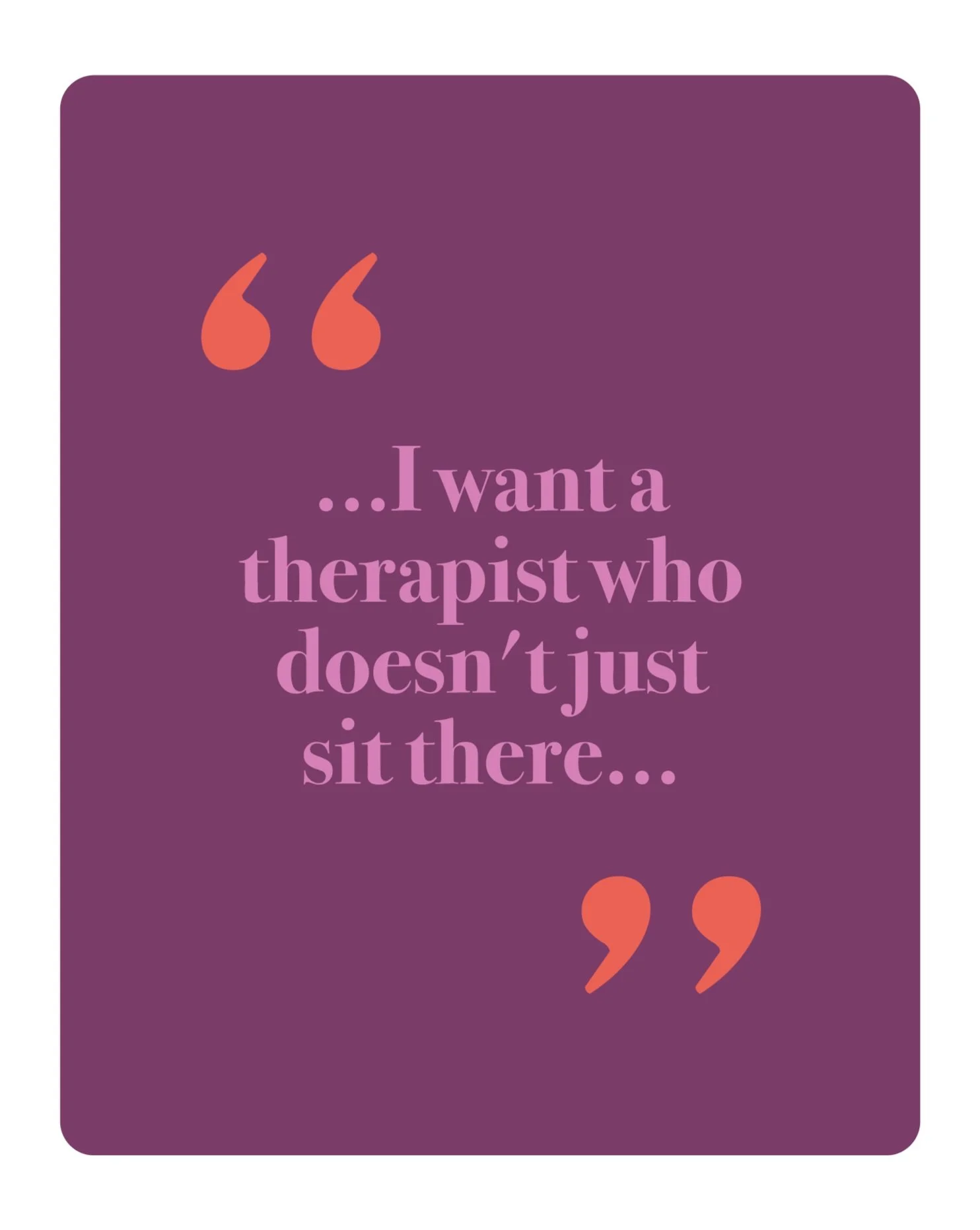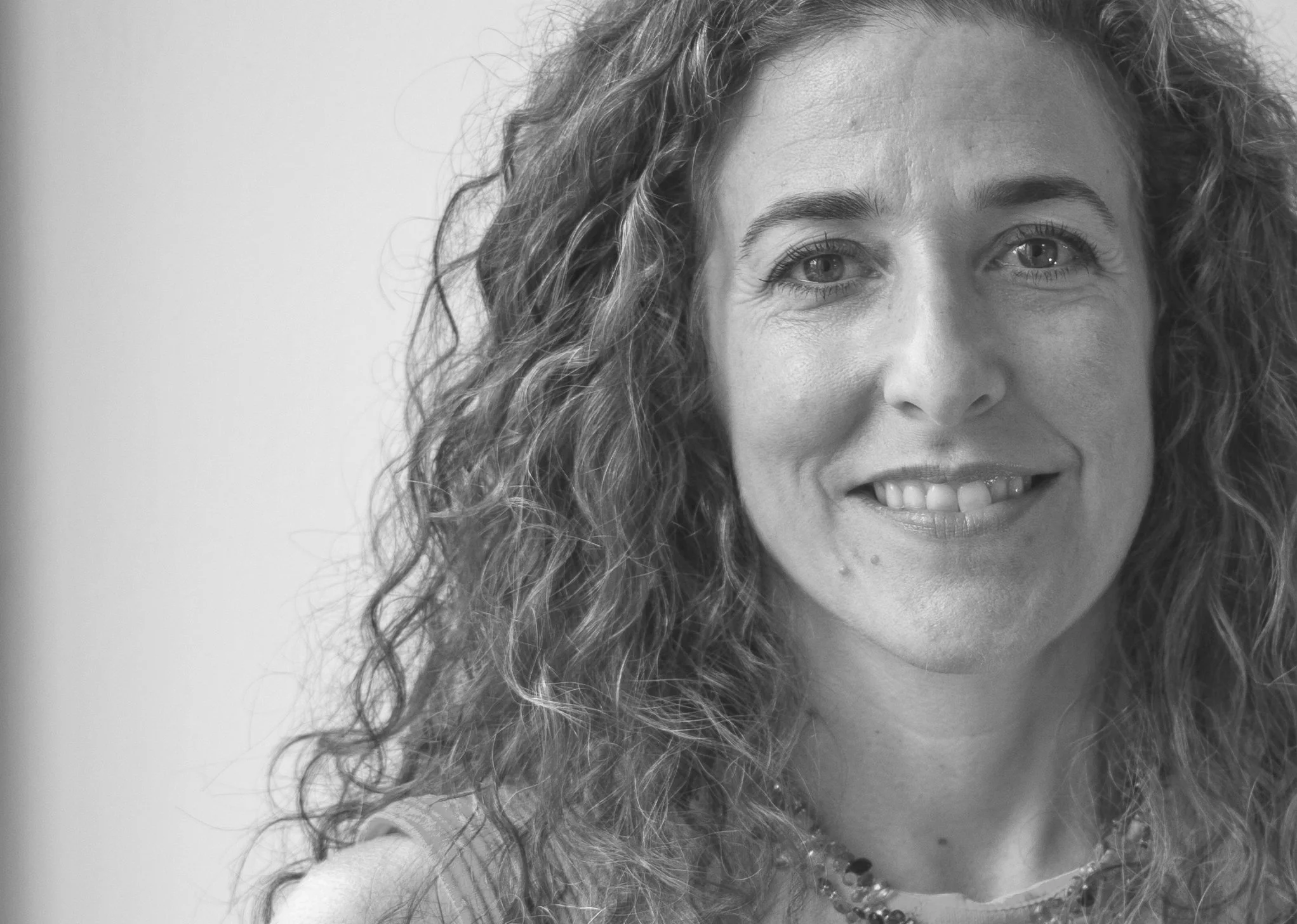Each day, life can throw us unexpected curveballs causing stress, anxiety, sadness and other big emotions. Busy and demanding lives leave us little time to process these curveballs. Left unchecked, unprocessed emotions can snowball and create an avalanche. This avalanche always comes at inappropriate, unwanted and inconvenient times. This is not uncommon. But what is unique is how you think and behave as a result. Give yourself permission to own your emotions, and learn how to make changes that best serve you.

Specialties
Culture & Religion
It is well documented that many religious beliefs and practices are associated with lower levels of depression and anxiety, and higher levels of positive affect. The general effect is that religion can be consoling and supportive.
With that, not all religious factors are always beneficial. Research indicates, the effects are not so straightforward. Similarly, cultural communication in therapy involves a mental health professional understanding the beliefs, backgrounds, and values of their clients — this includes their culture, race, ethnicity, socioeconomic status, and sexuality as lived by each client.
Many clients seek therapy to reconcile deep rooted rituals, traditions, and internalized messaging with the evolution of identity development over time.
The combination of feeling heard, being seen and considered as a partner in treatment have the best chance for positive health outcomes for a client.
Womens’ Health
All Women, however you identify your womanness, Trans Women, Women who love Women or women who care for other women are experiencing what feels like the resurrection of Draconian law including a national attack on; a woman’s right to choose and access to healthcare. Let alone, navigating a global pandemic that has fueled the disproportionate burdens of caring for children or aging parents. As a result preliminary data indicates an unmatched number of women leaving careers and workforce and a sharp increase in domestic violence.
This time in history is being documented as unprecedented by politicians, human rights activists, medical and scientific community, by educators and economists. It’s reasonable for women to experience an elevated level of anxiety and depression as a result. Symptoms like poor sleep, panic, sadness, migraines, fear, procrastination, catastrophic thinking, isolation, and irritability are some of the most common experiences. They are real and have the potential to impact quality of life.
The bottom line is when women aren’t healthy, society is weakened and that comes at a cost to men as much as women and families.
Sexuality & Pregnancy
One would assume sex would not be difficult to navigate. Sex is just three letters, we give and get consent and everyone falls asleep happy. Sounds easy, but it's really so much more complex and could be more complicated than that. The topic of sex is typically just the start of many larger challenges and awakenings women face across lifespan.
Women choose therapy as a safe, and non-judgmental space to examine their own behaviors, attitudes about, and belief systems toward sex. Topics include; understanding intimacy, practicing safe sex, sexual and reproductive health, confirming identity and coming out, deciding to become a parent.
Mothers & Daughters
I do not believe anyone can provide evidence to prove a love stronger than the one that exists between a mother and her child. Some would argue that the love between a mother and her daughter is not stronger than the one she shares with her son, but it’s just different.
I do believe there are mothers who would admit with bravery and candor, that at some point, perhaps under the cover of darkness and a full moon, their daughters developed the mood of the Hulk, the tongue of the Devil and the emotional instability of Carrie Mathison from the Showtime series Homeland. Annnnd, in some extreme cases, the hygiene of Oscar the Grouch.
Clinicians know it is this precarious stage of adolescent development, when girls are often fighting for autonomy but crave structure, safety and care. They are testing boundaries, developing their own identity, possess an exclusive “I” mentality, struggle in decision making and lack an understanding of their own emotional experience.
Therapy can provide mother and daughter pairs to focus on developing communication and problem solving skills, identifying emotions, regulating emotions to stabilize mood, and restore order to benefit family members and the household.
Challenging Style Approach
A client once said, "I couldn’t have done this without you. Nobody has made me look at my own bullshit in the way you have. Thank you.”
There’s no greater feeling than hearing a client announce she is done with therapy, and is ready to go live her life.
In my experience and expertise, it’s a strong strategy that lies at the foundation of helping people understand their own emotional experience, and the relationship between behavior and those experiences. In order to do this deep dive, we need a plan of action, candor, and direct communication. Sometimes maybe even a little irony with a splash of dark humor or sarcasm. I've seen both act as a salve to a burn. Strategy requires hearing what is not being disclosed in a session, as clearly as what is being shared. By nurturing and encouraging thoughtful reflection, validating and normalizing experiences, and offering psycho-education to assist clients in gaining insight and increasing awareness, clients begin to regain personal power and stabilize. The ultimate goal is to reconcile what is unresolved and integrate a compartmentalized past into your current life story. This is the key to freeing yourself from emotional distress.









